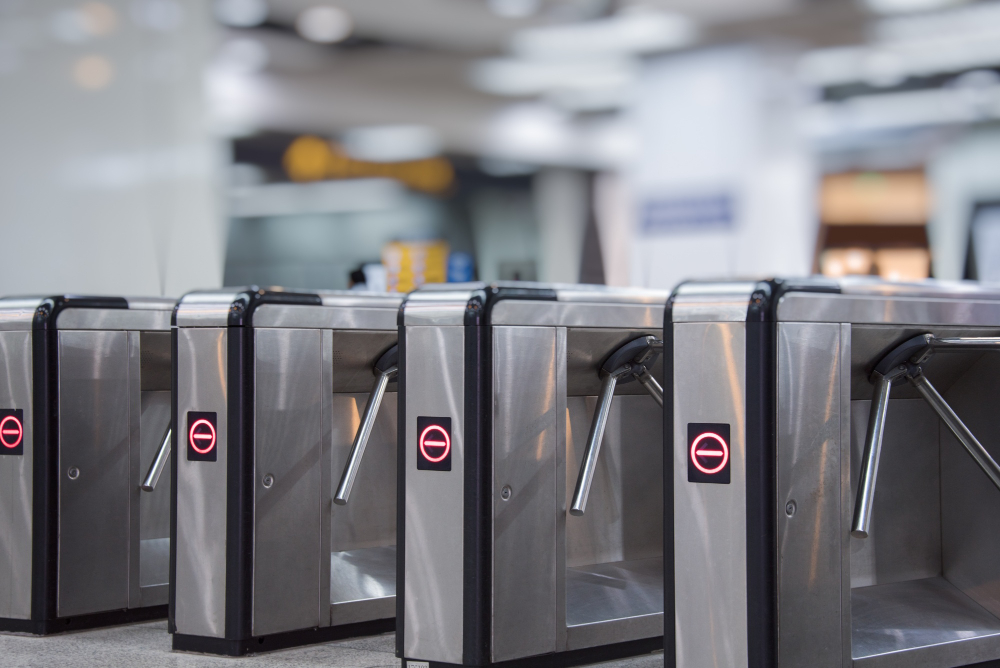Entry/Exit System Launch Could Face Another Delay Due to Three Unprepared EU Countries
Key Takeaways:
1. The Entry/Exit System (EES) launch could face another delay.
2. France, Germany, and the Netherlands have indicated they are not prepared for its implementation.
3. The EES is currently scheduled to take effect on November 10, 2024.
The launch of the Entry/Exit System (EES) may be postponed again as three EU member states, France, Germany, and the Netherlands, have reportedly stated that they are not ready for its rollout in early November.
The EES, designed to introduce fingerprint and facial recognition checks at EU ports and airports, is set to become operational on November 10. However, according to The Guardian, these three countries have informed EU Home Affairs Commissioner Ylva Johansson that they will not be able to implement the system by the scheduled date.
Concerns raised by France, Germany, and the Netherlands regarding incomplete preparations have sparked uncertainty over whether the EES will go live as planned or face yet another delay.
The EES rollout has already been postponed twice. Initially, the system was set to launch last summer, but concerns from France about its impact on the Rugby World Cup and the Olympics led to a rescheduled date of October 6, 2024. This was later pushed back to November 10 due to worries about potential travel disruptions and long delays.
Despite their current lack of readiness, France, Germany, and the Netherlands remain supportive of the system, emphasizing that it will enhance security while speeding up passport checks for non-EU travelers entering the bloc.
What Is the Entry/Exit System (EES) and How Will It Work?
The EES is an automated IT system that will record the entry and exit of all non-EU citizens entering the EU for short stays, whether they require a visa or not. Travelers will be required to provide personal details, fingerprints, and facial recognition data, which will be stored in a secure database for three years. This system aims to detect overstayers, combat irregular migration, verify identities, and improve the management of migration flows.
Once implemented, the EES will impact approximately 700 million travelers entering the EU each year.

